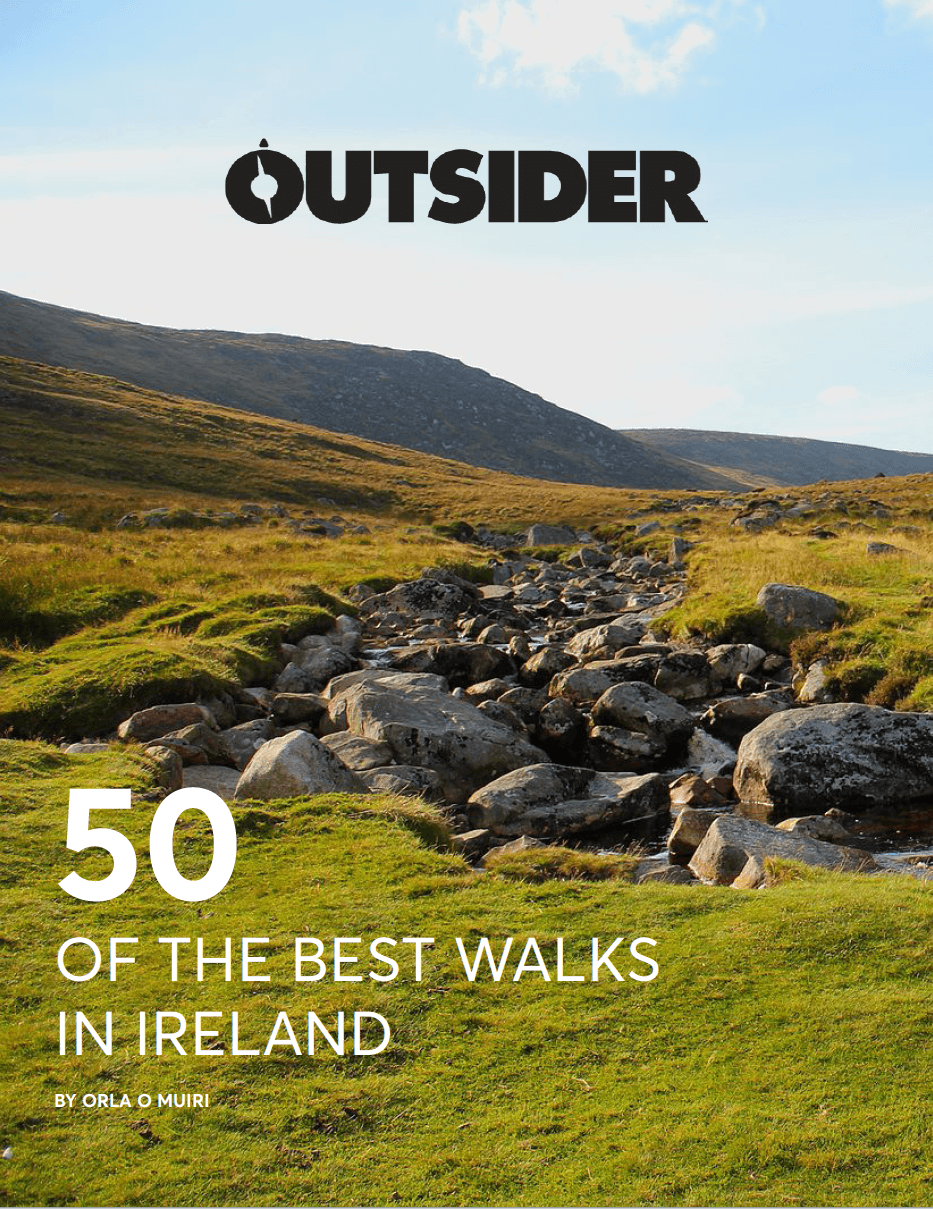Here’s our rundown of everything you need to know before diving into your first open water swimming race!
We’re big fans of open water swimming here at Outsider HQ. Its benefits are plentiful and well documented. However, sometimes doing a few lengths isn’t sufficient and you develop a competitive itch that needs scratching. Before you dive in head first here’s our guide to tackling your first open water race.
1. Don’t fear the scrum
A warning now, you’ll finish with a lot more bruises than you started with. Unless you’re streaking ahead or really struggling, you’ll spend most of your race swimming in close proximity to plenty of other swimmers. Occasionally you’ll catch a wayward kick or stroke, these are accidental and part and parcel of open water racing so don’t react. From time to time this will throw you off your stroke but keep calm and keep going. Swimming efficiently is all about maintaining your cadence.
2. Master sighting
The quickest way between two points is a straight line. This isn’t sailing – keep your line as straight as possible and avoid tacking from side to side. One of the best ways to do this is to do master sighting, that is to say lifting your head as you swim to see where you’re going. While doing this will slow you down – no matter how good you get – it’ll cost far more energy if you don’t do it and end up going in the wrong direction!
Open water swimming: tips for getting started
3. Embrace the wetsuit
It may feel unnatural at first to swim with a wetsuit on but the sooner you get the hang of it the better. A wetsuit will keep you warm, help reduce drag when swimming, and improve buoyancy. Make sure your wetsuit fits you properly otherwise you won’t feel the benefits. Instead, you’ll spend as much time fighting against the neoprene as you do against the currents.
4. Don’t go it alone
For the first few races, you don’t need to go it alone. If there’s someone you swim with regularly who has experience of races try and bring them along. They’ll be able to explain how everything works, bits of etiquette and offer support right up until the point you hit the water. They don’t necessarily need to swim themselves either, plenty of races allow friends and supporters to kayak or paddle board along with the race. However, they will need to be competent – support crews are there for the racers, not wayward kayakers.
Triathlons for beginners in Ireland: 5 of the best
5. Ease your way in
Don’t dive into the deep end straight away. Start off with races that cater for newcomers before jumping in with the hardcore swimmers. Make sure you’re confident swimming a good bit further than the distance of the race, you’ll swim harder and less efficiently than you would in more casual conditions. Don’t be too concerned by your time or your finishing position for the first couple of races, use them to get used to the runnings of competition.
6. Attend the briefing
Every well-organised race will have a pre-event briefing. There they will lay out the route and any other things you’ll need to know. It’s much better to have a clear idea of what’s going on yourself then follow the crowd and hope for the best.
Wetsuits: 4 tips for buying the perfect one
7. Don’t be afraid to bail
Open water swimming isn’t easy, even more so when you’re racing in a pack. If you are really struggling or pull a muscle don’t put yourself through agony to finish. There’s no shame in pulling out if you get into trouble – it’s better than just making things worse.
Check out our Hard as Nails podcast:
Like this? We also think you’ll love these:










